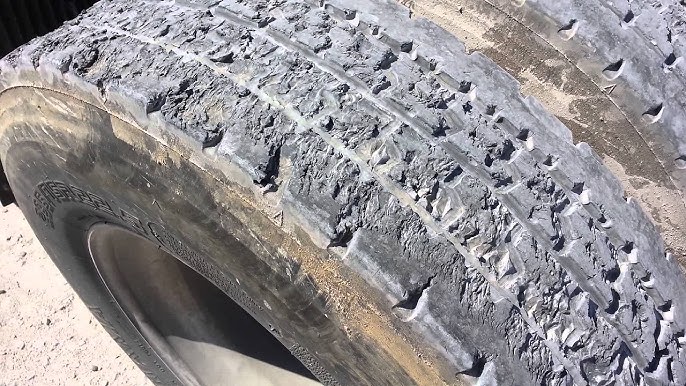Will Low Oil Cause Overheating?

Low engine oil levels can lead to several problems, one of the most serious being engine overheating. Engine oil is essential for lubricating the internal components of the engine, reducing friction, and ensuring that the engine runs smoothly. Without enough oil, the engine’s parts can overheat, causing significant damage.
How Oil Works in Your Engine
Engine oil serves several key purposes:
- Lubrication: It keeps moving parts of the engine lubricated, which reduces friction and prevents parts from grinding against each other.
- Cooling: Oil helps to absorb and dissipate heat away from the engine’s components.
- Cleaning: It carries away dirt, debris, and contaminants, keeping the engine clean and running efficiently.
- Sealing: It helps to seal gaps between engine components, ensuring the engine operates at peak performance.
How Low Oil Levels Contribute to Overheating
1. Increased Friction
When oil levels are low, there’s less lubrication in the engine, which means more friction between the moving parts. This friction generates heat, and without sufficient oil to absorb and carry away that heat, the engine temperature rises rapidly, which can lead to overheating.
2. Lack of Proper Cooling
Oil helps to cool the engine by transferring heat from the engine components to the oil pan, where it dissipates. When there is not enough oil, the engine’s cooling system cannot work effectively, causing the temperature inside the engine to increase.
3. Reduced Oil Circulation
If the oil level is too low, the oil pump may struggle to circulate oil throughout the engine. This can result in hot spots where the engine components are not properly cooled, leading to further heat buildup.
Symptoms of Low Oil and Overheating
If your engine oil is low, you may notice a few warning signs that can indicate overheating and other issues:
1. Warning Lights
- The oil pressure light or check engine light may illuminate on your dashboard, signaling that something is wrong with the oil levels or circulation.
- If the temperature gauge shows that your engine is overheating, it’s a sign that low oil could be contributing to the problem.
2. Engine Warning Noises
- A ticking or knocking sound can occur when oil levels are too low, as the moving parts rub together without sufficient lubrication.
3. Excessive Heat
- You might notice steam or smoke coming from under the hood. This indicates the engine is getting too hot and could be at risk of overheating.
4. Poor Engine Performance
- Low oil can cause the engine to run rough, have decreased power, and lead to slower acceleration due to inadequate lubrication.
Preventing Overheating from Low Oil
1. Regular Oil Checks
To prevent low oil from causing overheating, regularly check your oil levels, especially before long trips or when you notice changes in engine performance. Make sure your car’s oil is at the correct level, and top it off as necessary.
2. Change Oil on Time
Changing your oil at the recommended intervals ensures that the oil remains clean and effective in lubricating and cooling the engine. Old oil can break down, leading to reduced effectiveness and potential overheating.
3. Fix Oil Leaks
If you notice oil spots under your car or smell burning oil, it could indicate a leak. Have it fixed immediately to prevent oil loss, which could lead to overheating.
4. Keep an Eye on Engine Temperature
Monitor your engine’s temperature gauge. If it moves toward the “H” (hot) zone, take action immediately by pulling over to let the engine cool down and checking the oil level.
Conclusion
Yes, low oil can cause overheating. Engine oil plays a crucial role in keeping your engine cool by reducing friction and dissipating heat. Without enough oil, the engine may run hotter than usual, leading to potential damage and complete engine failure if left unchecked. Always monitor your oil levels and maintain regular oil changes to keep your engine running smoothly and prevent overheating.
FAQs
1. Can low oil cause permanent engine damage?
- Yes, running the engine with low oil can cause severe damage, including overheating, metal component wear, and complete engine failure.
2. How can I check my oil level?
- To check your oil level, pull out the dipstick, wipe it clean, insert it back into the tube, then pull it out again to read the level. If the oil is below the minimum mark, add more oil.
3. How often should I change my engine oil?
- Generally, you should change your oil every 3,000 to 5,000 miles, depending on your car’s make and model. Check your owner’s manual for specific recommendations.
4. Can adding oil fix overheating?
- If your engine is overheating due to low oil, adding oil can help temporarily, but it’s important to investigate the cause of low oil and ensure the engine is not damaged.
5. What should I do if my engine starts to overheat?
- If your engine is overheating, pull over safely, turn off the engine, and let it cool down. Check the oil level and add more oil if necessary. If the problem persists, get your car checked by a mechanic.





